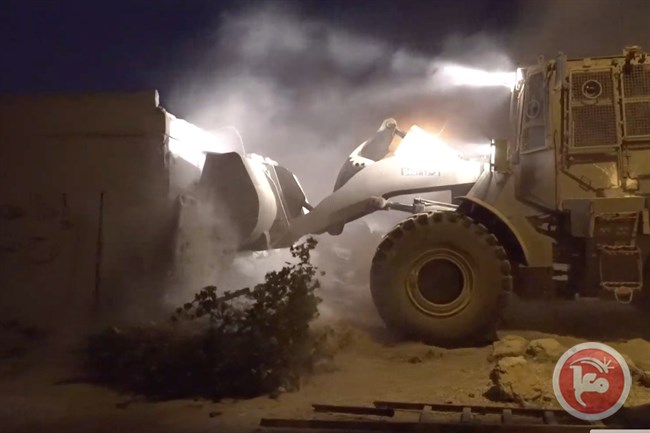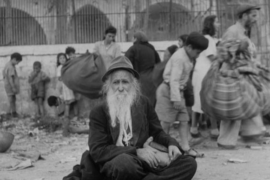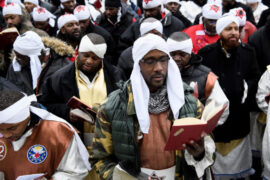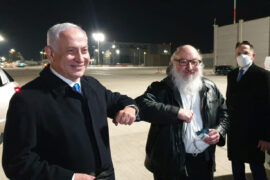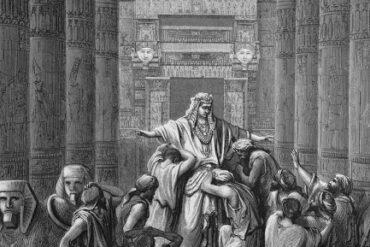Israel has demolished the family home of the Palestinian teenager who stabbed a Jewish man to death in the north Judean town of Adam last month.
Israeli forces entered the West Bank community of Kobar, west of Ramallah, on Monday and razed the bottom floor of an apartment building that belonged to the family of Mohammad Tareq Yousef.
On July 26, 17-year-old Yousef attacked two Adam residents outside a playground, wounding a 58-year-old man and fatally stabbing 31-year-old Yotam Ovadia before being shot dead by Assaf Raviv.
Following the attack, Israeli troops raided Yousef’s home and took measurements of the building for demolition. The Yousef family was formally notified that the home would be demolished two weeks ago.
Israeli Defense Minister Avigdor Lieberman (Yisrael Beiteinu) took to his Twitter account Tuesday morning, justifying the demolition on social media.
“During the Shiva [Hebrew mourning period] for Yotam Ovadia in the community of Adam, I told his widow and parents that we would soon demolish the terrorist’s home,” the minister wrote. “Tonight that circle has been closed.”
“We will continue fighting terror with an iron fist, we will continue building in Adam and in any other place where our citizens are being targeted,” he concluded.
Kobar’s mayor, Ezzat Badwan, urged the army not to demolish the family home, saying at the time that the family was not involved and condemned the attack.
“His parents and siblings had nothing to do with what he did. They do not deserve to pay the price for the actions of one of their family members,” he said.
“I believe that these operations are not correct nor humane. I will never support killing civilians. It is unacceptable and against international, religious and human customs.”
A controversial tactic, Israeli officials claim house demolitions serve as a deterrent to potential attacks while human rights groups criticize the policy as a form of collective punishment.
But even beyond the problem of collective punishment, house demolitions – whether directed against Palestinians or Jews – are not only inhumane but also counterproductive from the perspective of Jewish liberation. It draws the State of Israel deeper into an oppressor role we need to break free of.
How can the people of Israel argue against those who call us “colonialist” when our government and military clearly employ colonial policies and modes of security throughout lands we claim to be indigenous to?
It’s true that the Jews in Judea are not the Americans in Afghanistan or French in Algeria. The problem is we often behave as if we are.
Checkpoints, walls, restrictions on freedom of movement, punitive house demolitions and curfews are all hallmarks of how colonialists defend themselves against populations resisting colonial rule. This behavior, so alien to our people’s authentic values, largely stems from the desire of Israel’s ruling class to be part of the West rather than the Middle East.
But on a deeper level, this behavior is symptomatic of an identity crisis resulting from centuries of persecution in exile and our difficulty comfortably wielding power after finally returning to political independence in our land.
Regardless of whether Jews are from – or have any territorial claims to – this land, Israel’s colonialist policies in the West Bank undermine the Jewish people’s very real connection to Judea and Samaria. Forcing millions of people to live under a military bureaucracy in a land they lived in prior to the arrival of that bureaucracy forces us into a role that obstructs us reconnecting to our true identity.
In order to advance the struggle for Jewish liberation forward, we need to undergo a process of identity decolonization that will ultimately lead us to indigenize back into the Semitic region, connect to our authentic identity and create new opportunities for peace in our land through changing the role we play in the Palestinian experience.

